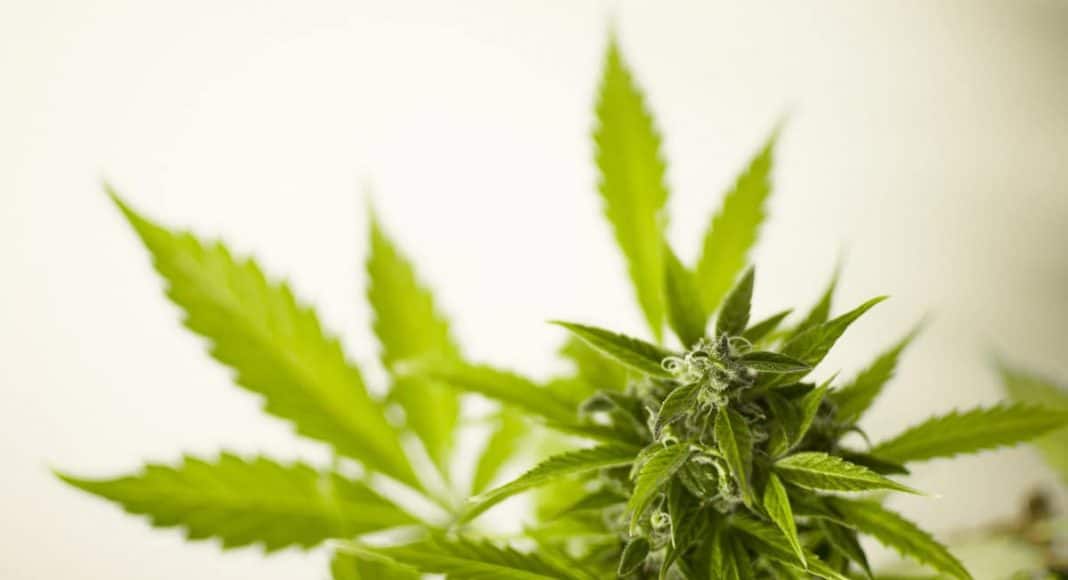The history of cannabis is fraught with smear campaigns and negative propaganda. Many antiquated associations of cannabis consumers remain prevalent throughout pop culture and politics, despite growing tides of evidence to the contrary.
For example, when you use the word “pot” to describe cannabis, it typically conjures stereotypes of headshops and stoner culture. And while stoners are a subculture of cannabis, they aren’t the prevailing representation of what cannabis culture and the cannabis industry has become. I mean, many legal weed shops look more like Apple stores aimed at education and assisting those with medical ailments.
This is why The Fresh Toast, as a guiding principle, doesn’t use “pot” when we write about cannabis. We don’t want those negative “stoner” associations to distract from the important work of the cannabis revolution.
-
Related Story: How California’s Legal Weed Caused Marijuana To Grow Up
But now Alejandro Albo of NowThis News has produced a video explaining the historically objectionable roots of the term “marijuana.” He believes those roots should be enough reason for you to never say the word “marijuana” again.
The word 'marijuana' is rooted in racism — here's why you should say 'cannabis' instead pic.twitter.com/7FD7qEz9Ac
— NowThis Impact (@nowthisimpact) February 1, 2018
“Now the word itself isn’t inherently racist. But it was used by prohibitionists to exploit racism and xenophobia. So by using the ‘M word,’ you’re ignoring a long history of oppression against Mexican immigrants and African Americans,” Albo says.
He later dives into the earlier history of cannabis in America, explaining how it was consumed by the “American elite” since the 1840s, often sold as over-the-counter medication to treat symptoms like insomnia, migraines, and rheumatism (sound familiar?). But when millions of Mexicans migrated to the U.S. after the Mexican Revolution in the early 1900s, they brought “marihuana” with them.
These Mexicans would smoke it casually and regularly, which was reason enough for Harry Aslinger, the director of the Federal Bureau of Narcotics from 1930 to 1962, to launch the original War on Drugs.
-
Related Story: The Ultimate Summer Reading For The Cannabis Enthusiast
“Anslinger believed marijuana influenced Black and Brown people to commit murder and other violent crimes,” Albo explains. “Which is ridiculous because all I see people do when they smoke is sit on their couch, watch TV, eat munchies, and fall asleep.”
“So his solution was to launch a vicious propaganda campaign against marijuana and associate it with all inferior races and social deviants. Anslinger traveled across the country to convince people that marijuana was something that was invading the U.S. He even pronounced the drug as ‘marihuana’ to make it sound Hispanic and foreign and scary to white people.”
Anslinger’s campaigns were instrumental in convincing Congress to pass the Marihuana Tax Act of 1937, which was the first step to cannabis sales and usage becoming illegal. Efforts made by Anslinger will be familiar to anyone who has listened to the rhetoric of Attorney General Jeff Sessions, though many activist groups and media have helped counteract the spread of such miseducation.
While Albo contends that “marijuana lost its prejudice bite years ago,” he asserts that “you can’t ignore the racial implications of its introduction to the American lexicon.”
-
Related Story: Where All Those Marijuana Slang Terms Came From
That much we agree with. However, some words’ meanings change over time. Marijuana is, in many ways, distant from its racially contentious roots. Though it’s important to remember it as representative of how cannabis prohibition was started as a racially motivated action, it doesn’t mean the word “marijuana” is still used in such a derogatory way, like “pot” can be.
As always, to play it safe, referring to the plant as “cannabis” remains the most technically correct method. Just don’t forget the complicated history of where marijuana came from.


